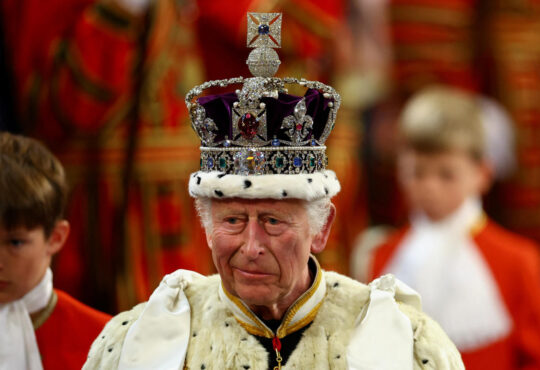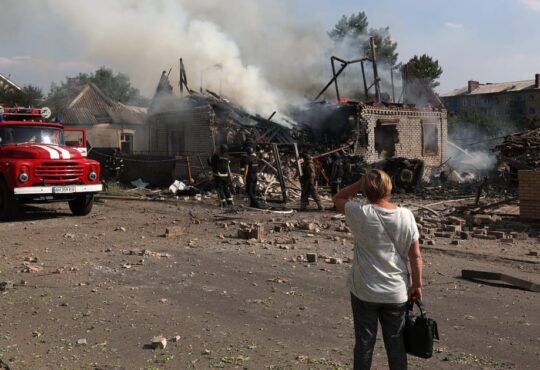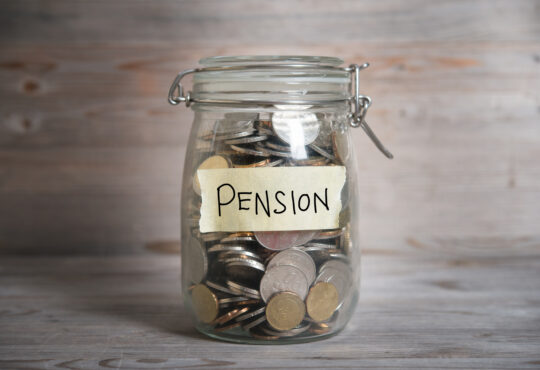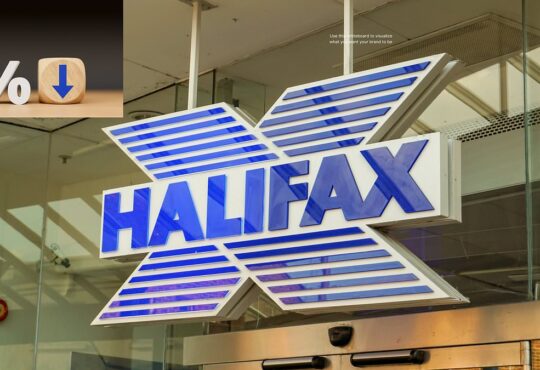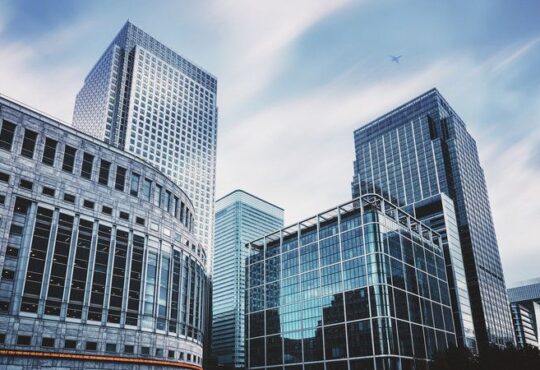Cloud over future pensions with warnings there will be fewer working people to support the ageing population as birth rates slump to their lowest levels for 20 years
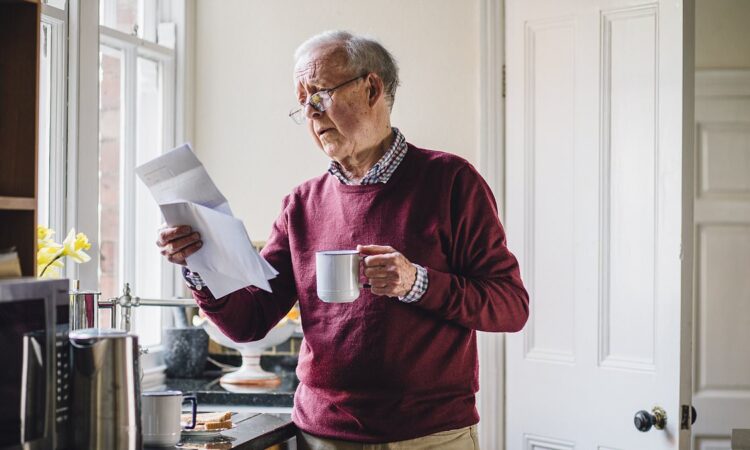
- Births fell to 605,479 in England and Wales last year, according to ONS figures
Warnings of a looming pensions squeeze were sounded last night after birth rates slumped to their lowest for 20 years.
Live births fell to 605,479 in England and Wales last year, according to figures released by the Office for National Statistics (ONS).
This was down 3.1 per cent from 624,828 in 2021, when there was a slight increase after years of declining numbers, and the lowest since 2002.
Analysts warned lower birth rates meant the state pension could come under pressure if the trend continues, with fewer working people to support an ageing population.
It could mean people having to work longer or payments being squeezed, they said.
This week Rishi Sunak pledged to protect the pensions triple lock despite signs that it could cost the Treasury an extra £10billion next year.
Under the scheme, introduced in 2010, pensions must rise each April by whichever is highest: pay growth, inflation or 2.5 per cent.
Wage growth is currently the highest of the three metrics (7.8 per cent) and the Prime Minister said he was committed to the triple lock even if it meant the state pension rising by this amount.
In March, ministers delayed a decision on when a rise in the state pension age to 68 should kick-in.
The Treasury would like it to begin from as early as 2035, ahead of the 2037-39 window recommended by a review and saving the government billions of pounds.
But work and pensions secretary Mel Stride wants it delayed until the early 2040s amid falling life expectancy figures.
Reacting to yesterday’s figures, Helen Morrissey, head of retirement analysis at financial experts Hargreaves Lansdown, said: ‘It’s a concerning trend as we see a burgeoning population of older people in – and moving towards – retirement and we have fewer working age people to support them.’
She added: ‘The fact we are living longer is a real positive but as the state pension bill continues to grow, we need to look at how we can continue to support it without placing an intolerable burden on a smaller working population.
‘They already face their own financial challenges of saving for their own retirements and getting on the housing ladder.
‘It’s time to take a step back and look at what needs to happen to the state pension long-term to give people certainty about what they will receive and when.’
She said that with a general election looming, it is ‘understandable this is an issue the Government will not want to address right now’, but insisted a review of the state pension ‘needs to be addressed in the very near future’.
The latest figures revealed births occurring outside of marriage or civil partnership remains higher than births within marriage or civil partnership.
James Tucker, of the ONS, said: ‘The annual number of births in England and Wales continues its recent decline, with 2022 recording the lowest number of live births seen for two decades.’
The ONS said the statistics represented births that occur and are then registered in England and Wales.


